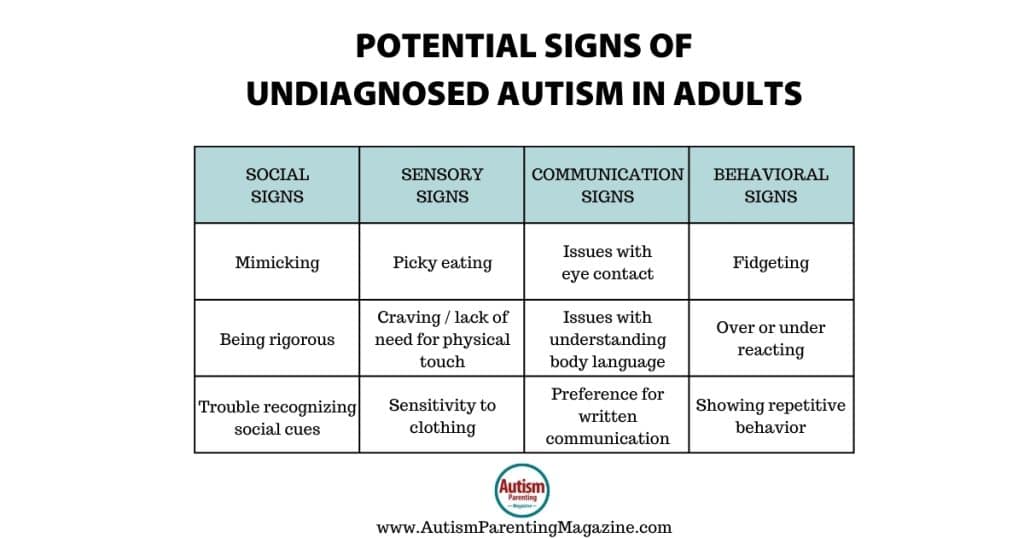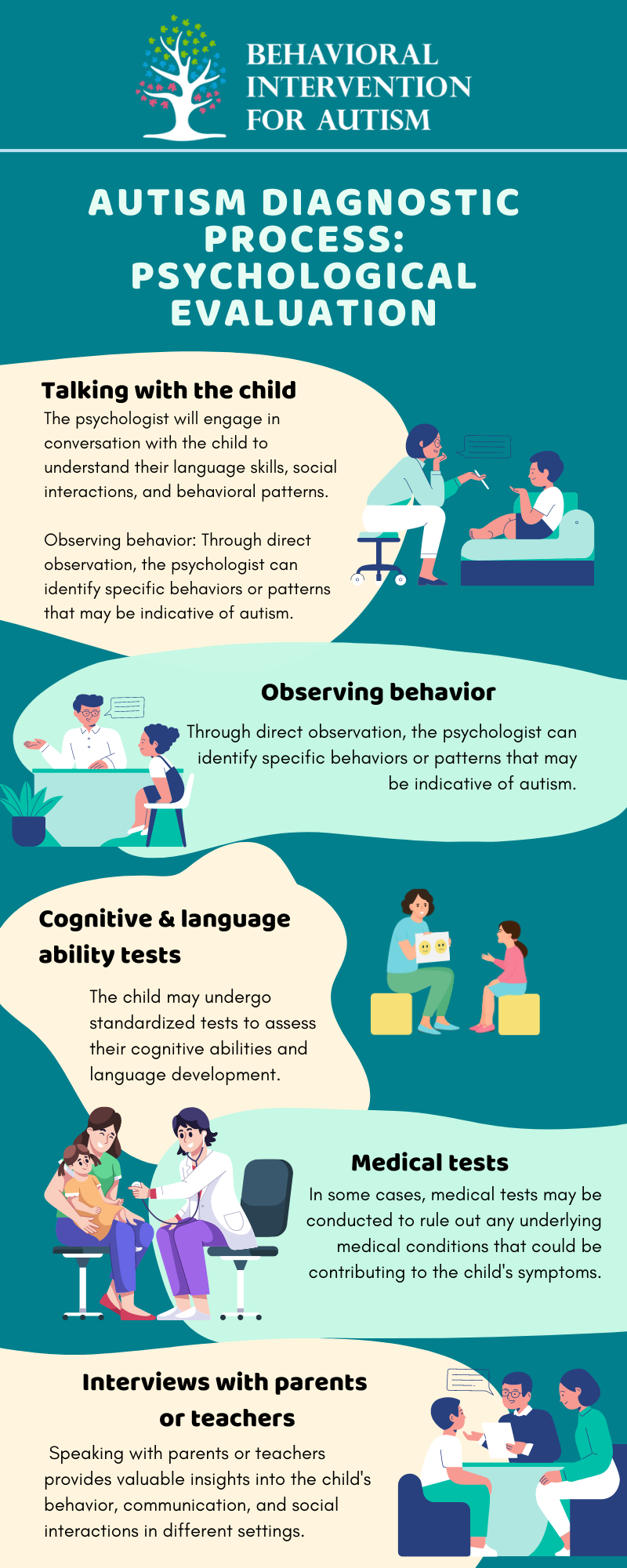Understanding the Impact of Behavioral Autism on Daily Life and Social Interactions
You may not realize just how deeply behavior autism affects day-to-day life and social interactions. People on the spectrum often browse a world filled up with interaction hurdles and sensory overload. These obstacles can lead to stress and seclusion, impacting their relationships and general health.
Specifying Behavior Autism and Its Features
Behavioral autism, frequently described as autism spectrum disorder (ASD), encompasses a variety of conditions defined by obstacles in social communication, interaction, and repetitive behaviors. You may discover that individuals with ASD commonly struggle to translate social signs, which can cause misunderstandings in discussions. They might discover it hard to develop eye call or participate in small talk, making social situations feel overwhelming.
Interaction problems can show up in different ways, from postponed speech advancement to a choice for using fewer words. By identifying these attributes, you can foster a setting that advertises approval and motivates reliable interaction, helping people with autism flourish in their daily communications.
The Spectrum of Autism: Understanding Variability in Habits
Autism spectrum problem (ASD) isn't a one-size-fits-all medical diagnosis; it differs extensively amongst people. You may experience individuals who are very spoken and engage easily in discussions, while others might prefer solitary activities or communicate non-verbally.
Furthermore, the way individuals with ASD react to sensory input can differ considerably; some may be overwhelmed by intense lights or loud sounds, whereas others thrive in promoting environments. The spectrum additionally consists of distinctions in social interactions; some individuals may have a hard time to analyze social signs, while others browse social settings with relative simplicity. Comprehending this irregularity is essential, as it aids you value each individual's one-of-a-kind experience and tailor support to their certain requirements, cultivating a more comprehensive atmosphere for everyone.
Interaction Difficulties Faced by People With Autism
When you connect with people on the autism spectrum, you may notice their one-of-a-kind interaction difficulties. They commonly deal with problems with both nonverbal and spoken hints, which can affect their social communications. Comprehending these barriers is necessary for cultivating better links and support.

Verbal Communication Difficulties
Several individuals on the autism spectrum experience spoken communication difficulties that can substantially influence their daily interactions. You may locate it testing to share your thoughts, feelings, or requires clearly. This can result in stress for both you and those around you, as misunderstandings happen. You might deal with initiating conversations, preserving a topic, or recognizing subtleties in speech. Commonly, you might choose using basic language or repeated expressions, which can limit your capacity to engage in much deeper discussions. Your pace, quantity, or tone might not align with social assumptions, triggering others to misinterpret your intents. Identifying these obstacles can aid you and your support network create approaches to improve communication and cultivate much better connections with others in your life.
Nonverbal Interaction Obstacles
Spoken communication isn't the only obstacle people on the autism range face; nonverbal communication barriers can be equally as considerable. You could discover it hard to analyze body language, faces, and eye contact, which are important for efficient communication. These obstacles can bring about misconceptions or misconceptions of social hints, making interactions really feel complicated or overwhelming. You might have a hard time to express your very own feelings with nonverbal methods, leaving others not sure of your intentions or feelings. This detach can develop feelings of seclusion and irritation. Recognizing these obstacles is essential for promoting understanding and empathy in your communications. By dealing with nonverbal interaction, you can find methods to improve your social experiences and improve your total high quality of life.
Social Interaction Effects
Social communications can frequently really feel frustrating because of the distinct communication challenges encountered by individuals with autism. You might fight with analyzing social signs, making it difficult to comprehend mockery or body language. This can lead to misunderstandings or unpleasant minutes in conversations. Additionally, initiating and maintaining discussions might really feel tough, creating anxiousness in social situations. You may favor structured environments, making spontaneous interactions unpleasant. It's additionally usual to experience problem in engaging in little talk, which can impede forming new friendships. Acknowledging these difficulties can assist you discover techniques to enhance interaction, such as exercising social abilities in safe setups or using aesthetic help - Autism Spectrum Therapies. Understanding your demands allows you to browse social communications with better self-confidence and simplicity.
Social Communication and Relationship Building in Autism
While building partnerships can be testing for individuals with autism, recognizing their special point of views and communication styles can cultivate significant links. You might useful reference observe that numerous people on the spectrum like direct communication and might battle with social cues or little talk. By being straightforward in your communications, you can assist develop a setting where they feel comfortable.
Involving in shared passions can additionally offer as a bridge to deeper links. Whether it's a leisure you could try here activity, a favored show, or a mutual passion, these usual strings can open doors to relationship.
Life Routine: Navigating Methods and difficulties
Steering day-to-day life regimens can be specifically challenging for individuals with autism, especially when unanticipated adjustments occur. You might locate convenience in having a structured schedule, as it helps you expect what's following. It's normal to really feel distressed or overloaded when disturbances take place. To browse these challenges, think about executing visual routines or checklists. These devices can provide clarity and confidence.
Developing a regimen that includes sensory breaks can likewise be beneficial. You can plan brief breaks throughout your day to reenergize. It's crucial to interact with those around you, allowing them understand your demands and choices. This helps develop an understanding atmosphere.
Lastly, technique mindfulness techniques to take care of stress and anxiety and anxiousness. Basic breathing exercises or grounding strategies can make a substantial difference. By including these approaches, you can enhance your daily routine and decrease disruptions, making life feel a lot more workable.
Strengths and Capabilities of Individuals on the Autism Range
Comprehending day-to-day live routines is simply one element of the autism experience. Numerous individuals on the autism spectrum possess amazing strengths and capacities that establish them apart. You might locate that your attention to detail is remarkable, enabling you to master jobs that require accuracy and emphasis. Your capacity to believe outside the box can lead to cutting-edge solutions in various circumstances.
Moreover, your memory skills commonly beam, particularly in locations of passion. Aba Therapist. This propensity for retaining details can make you a useful resource in areas like art, modern technology, or science. You might likewise display strong aesthetic reasoning, enabling you to picture intricate concepts and resolve issues artistically
Furthermore, your distinct point of view on the globe can foster compassion and understanding in others, improving social communications. Accepting these staminas not only increases your self-confidence however Learn More additionally assists others appreciate the diverse talents you give the table.
Producing Comprehensive Atmospheres for People With Autism
Creating inclusive environments for people with autism begins with developing sensory-friendly areas that satisfy their special needs. You can likewise foster possibilities for social interaction, helping to construct relationships and connections. By making these adjustments, you'll contribute to a much more inviting atmosphere for every person.
Creating Sensory-Friendly Spaces
While creating sensory-friendly spaces, it's important to reflect on the one-of-a-kind demands of people with autism. Begin by choosing soothing shades and soft illumination to produce a calming environment. Integrate quiet zones where individuals can pull away and reenergize when overwhelmed. You'll intend to minimize loud noises and distractions, making use of soundproof materials or white noise equipments to help keep tranquility. Think about responsive aspects like soft fabrics or fidget-friendly items that can provide comfort. Determine that rooms are versatile, enabling very easy reformation to suit different activities. Consist of aesthetic schedules or clear signs to aid individuals browse the space confidently. By thoughtfully integrating these components, you can create a welcoming environment that sustains sensory demands and advertises total health.
Advertising Social Communication Opportunities
Designing sensory-friendly rooms not only addresses private convenience however also establishes the phase for significant social interactions amongst individuals with autism. Motivate peer mentoring, coupling individuals with autism with helpful peers that can guide them with social situations. By applying these methods, you can enhance social possibilities, aiding people with autism build friendships and strengthen their social abilities in a secure, inviting setting.

Often Asked Inquiries
How Can Friends Assistance Somebody With Behavioral Autism?
You can sustain a buddy with behavioral autism by being individual, paying attention proactively, and appreciating their limits. Participate in tasks they appreciate, connect openly, and produce a comfy atmosphere where they feel valued and recognized.
What Resources Are Readily Available for Parents of Children With Autism?
You can explore various sources for parents of youngsters with autism, consisting of support system, academic web sites, and regional social work. Linking with other parents can also provide beneficial insights and shared experiences to assist navigate obstacles.
Can Behavioral Autism Modification In Time?

Yes, behavior autism can alter over time. You might discover changes in communication, social skills, and behavior as your kid expands. Early intervention and support usually play crucial roles in these developing adjustments.
Exactly How Do Sensory Sensitivities Impact Daily Life?
Sensory sensitivities can make day-to-day experiences overwhelming. You could struggle with loud sounds or bright lights, causing stress or evasion. Locating atmospheres that fit your requirements can greatly improve your comfort and overall everyday life.
What Are Typical Misconceptions About Behavioral Autism?
You may think behavioral autism only affects interaction skills, but it's more facility. Lots of assume people do not have compassion or knowledge, which isn't real. Understanding these misunderstandings aids foster approval and assistance for those on the range.
Behavioral autism, typically referred to as autism spectrum condition (ASD), incorporates a range of conditions defined by challenges in social communication, interaction, and recurring behaviors.Social interactions can often feel frustrating due to the distinct communication difficulties faced by people with autism.Designing sensory-friendly spaces not only addresses private comfort but likewise sets the stage for meaningful social communications among people with autism. Encourage peer mentoring, combining people with autism with supportive peers that can lead them with social situations. By carrying out these methods, you can boost social possibilities, helping people with autism construct relationships and reinforce their social abilities in a risk-free, welcoming atmosphere.